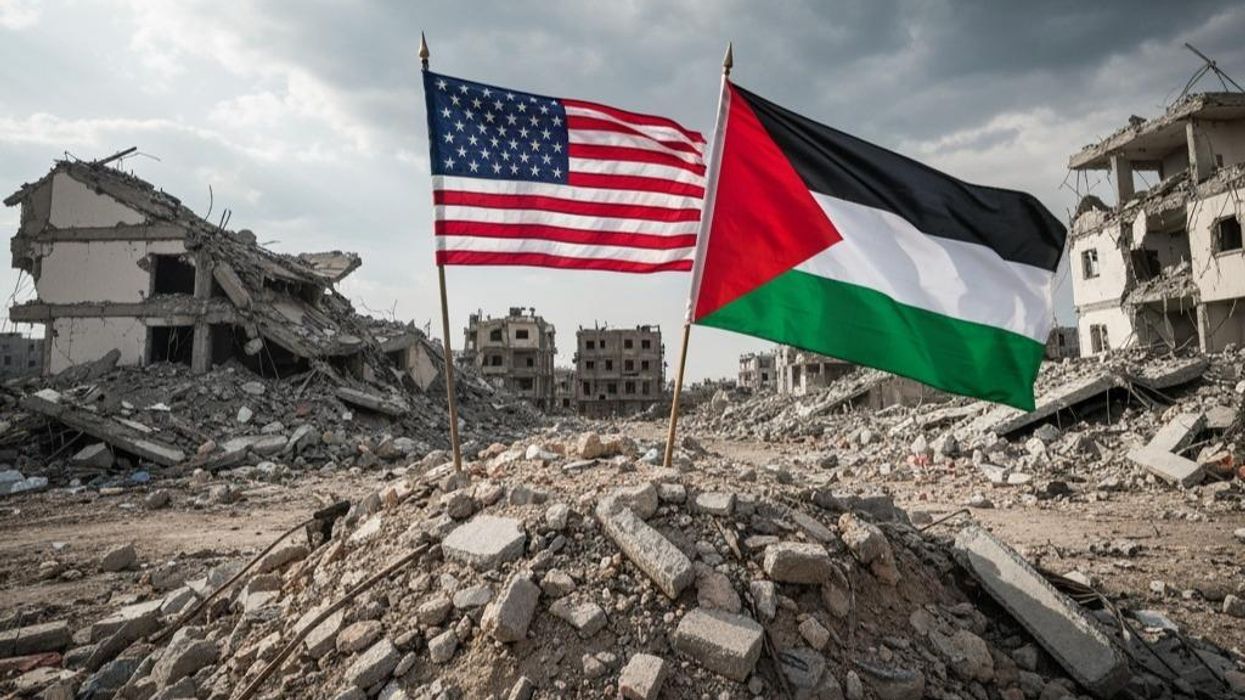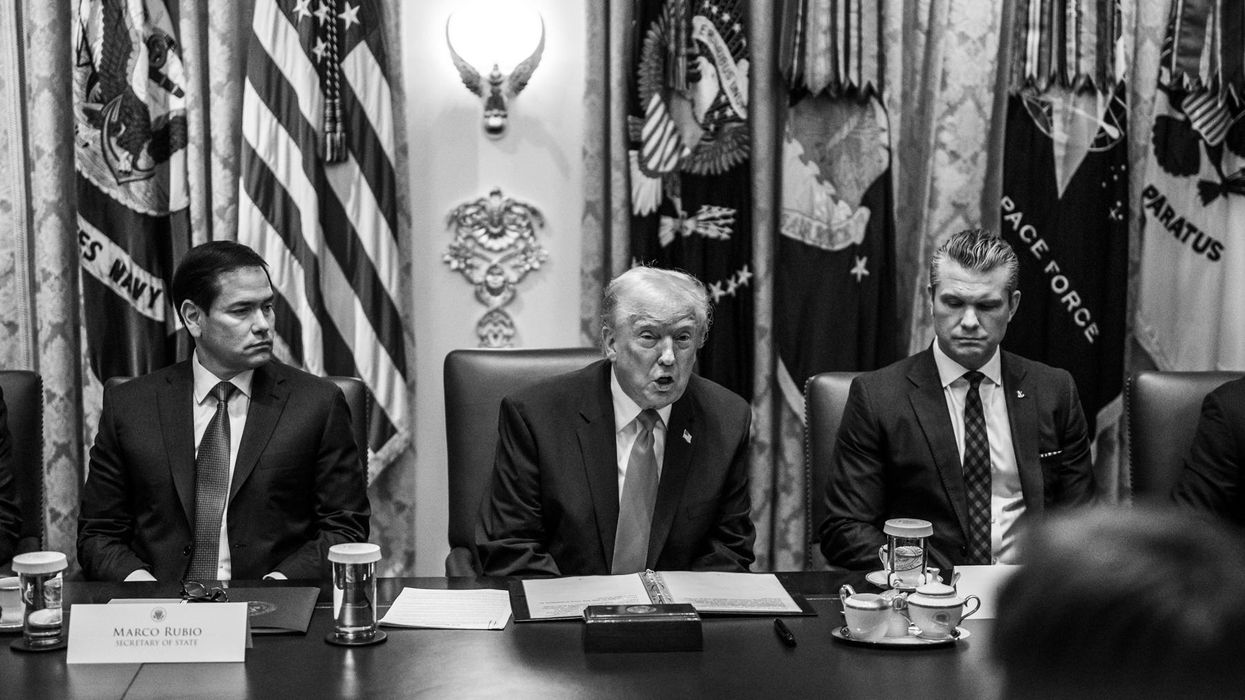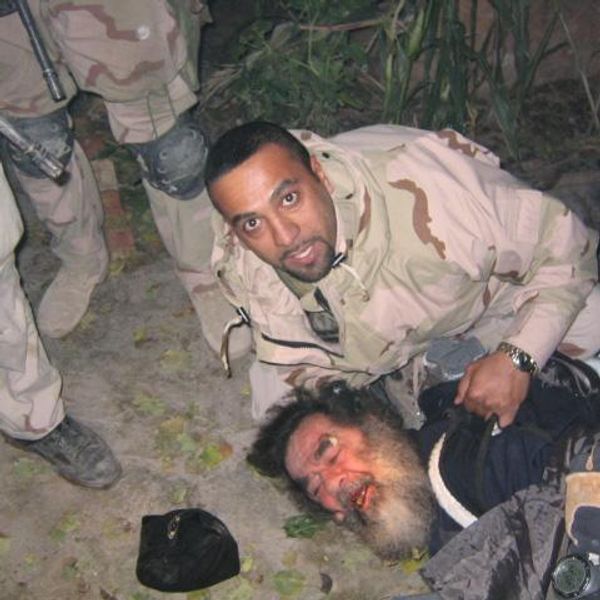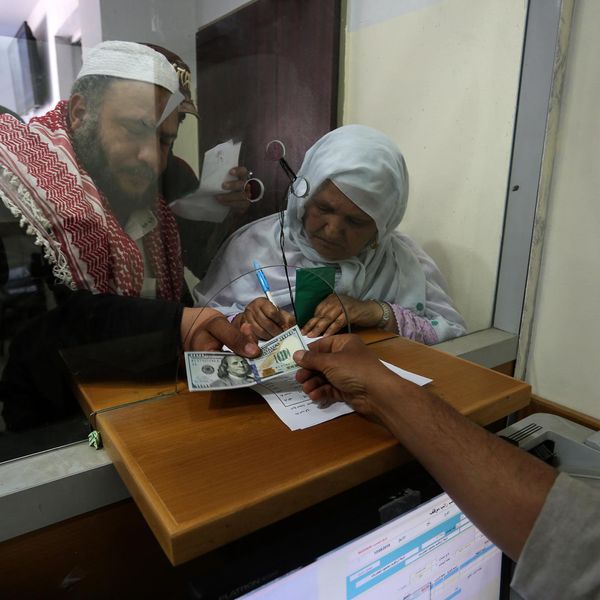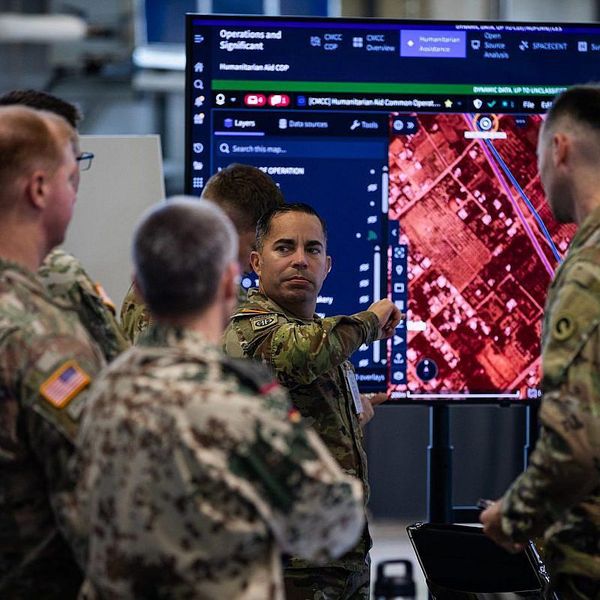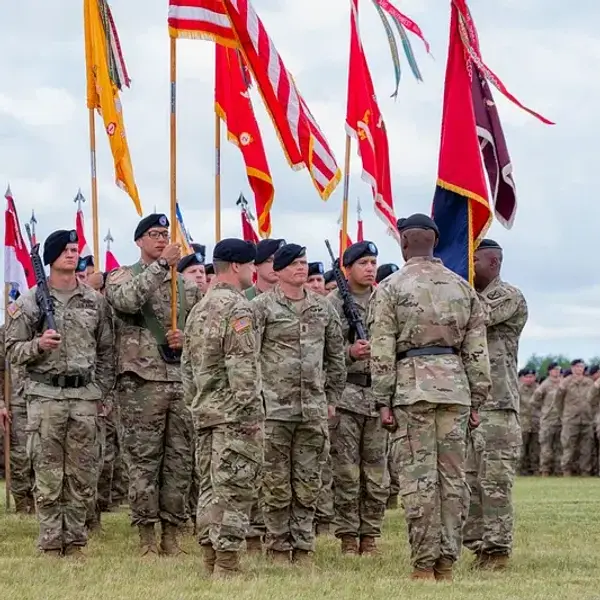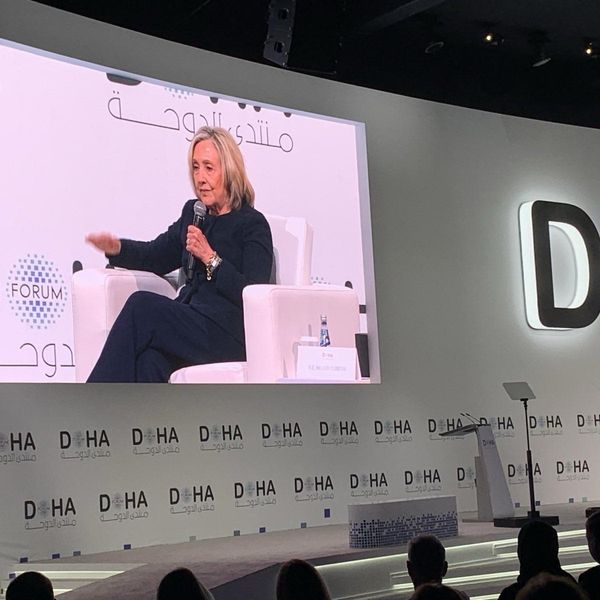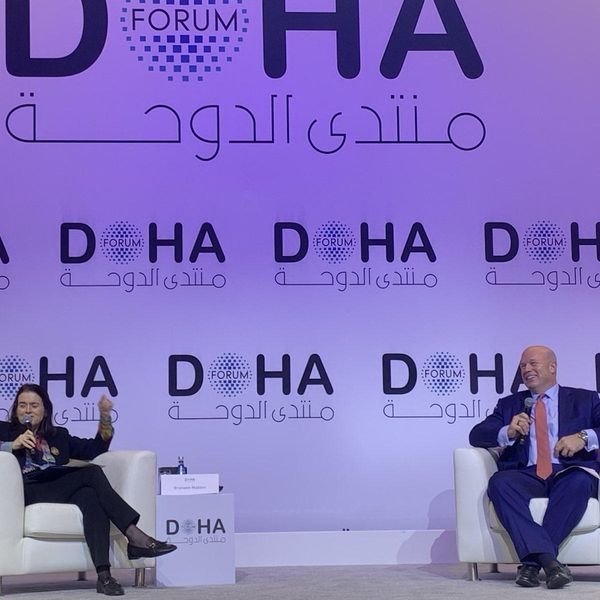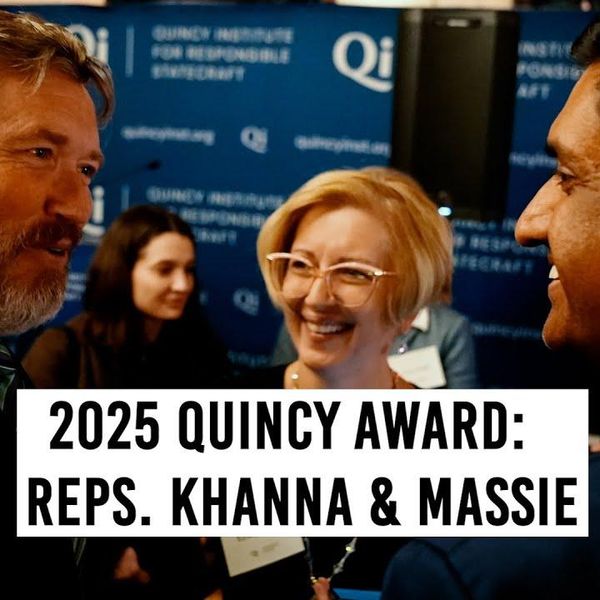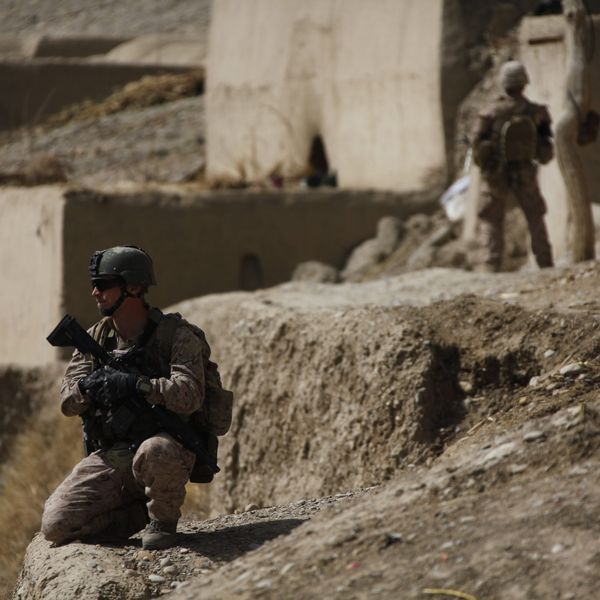Sunday marks the first anniversary of the assassination of Iranian Gen. Qasem Soleimani by the United States, using an armed drone at the Baghdad International Airport. Soleimani was a major political and military figure whose role went well beyond his formal position as commander of the Quds force within the Islamic Revolutionary Guard Corps. His influence over much of Iran’s security policy was probably second only to that of Supreme Leader Ali Khamenei.
Soleimani was highly respected and genuinely popular among ordinary Iranians. The respect and popularity continued after his death, as reflected in the throngs that turned out to mourn him in multiple Iranian cities.
Most descriptions of Soleimani heard in the United States do not fully capture his significance for Iranians. There is no single U.S. counterpart, but one could begin to get some sense of that significance by imagining, say, John McCain, David Petraeus, James Mattis — or other American figures of comparable prominence and national security importance — all rolled into one.
Five days after the assassination, Iran launched ballistic missiles at two bases in Iraq where some American personnel worked, in what the IRGC described as partial retaliation for the killing. The missile strike caused no U.S. fatalities, and perhaps was not designed to cause any. The strike was probably the least that the regime could do in the immediate aftermath of the assassination, amid popular outrage in Iran over the killing. Iranian leaders have stated that the “books are not closed” on the Soleimani assassination, suggesting that more retaliation is yet to come.
Anniversaries sometimes are the occasion in the Middle East not only to remember and to recriminate, but also to take action in retribution. So possibly this anniversary represents a danger point. Iranian leaders, however, have reasons not to stir the pot of U.S.-Iranian conflict right now. They can see that Donald Trump is itching to worsen the relationship as much as possible before the new U.S. administration takes over and may be looking for any excuse to use military action for that purpose. The Iranian regime does not have an incentive to give him that excuse.
Maybe the books will stay open indefinitely and no more Iranian retaliation will ensue if U.S.-Iranian relations get on a more stable track under the Biden administration. But the unbalanced nature of the books will always be in the background of the relationship. Iranians’ long memories of how they believe they have been wronged are reflected in, for example, how they never stop referencing the U.S.- and British-instigated coup that overthrew a popular Iranian prime minister in 1953.
Meanwhile, the Soleimani assassination and its anniversary ought to provide occasion for Americans to think carefully about the nature of what each side in this badly plagued relationship has done to the other. The most often recited U.S. accusation against Soleimani is that he had American blood on his hands by virtue of his relationship with Iraqi elements that fought against U.S. forces during the occupation of Iraq after the U.S. invasion of that country in 2003. Of course Americans should mourn and honor their fallen countrymen, and recognize as wartime enemies those who have inflicted casualties among them, even in a military expedition as misguided as the 2003 Iraq War. That does not preclude an effort to understand what such enemies did and why they did it.
The United States started that war in Iraq with an act of aggression in March 2003. It did so shortly after declaring Iran — despite its post-9/11 cooperation with the United States in Afghanistan — to be part of an “axis of evil.” It did so in a country that shares a 900-mile border with Iran and from which Iraq started its own war of aggression against Iran that inflicted enormous costs and casualties in the 1980s. For Soleimani and his colleagues to assist Iraqi elements resisting the U.S. military occupation of Iraq was, probably in the eyes of most Iranians, an honorable and even necessary duty for an officer to perform in the interest of Iranian national security amid an ongoing, U.S.-initiated war.
Careful thinking about what each side has done is at least as needed regarding other U.S. actions, and the assassination of Soleimani is a leading case. In violation of international law and of any accepted standard of conduct in international relations, the United States murdered a senior figure of a foreign country when he had arrived in a neighboring third country to confer with the prime minister of that neighboring state. For the reversed-roles counterpart, think of how Americans would react if a senior U.S. political/military figure traveled to Canada to confer with the Canadian prime minister on matters of mutual interest and got killed by Iran (or by any other foreign state, for that matter) on the tarmac at the Ottawa airport.
The assassination of Soleimani escaped meeting the U.S. State Department’s definition of international terrorism only because it was carried out overtly using U.S. military resources, rather than clandestinely or through a non-state intermediary. Such an escape has not applied to other assassinations of Iranians, notably that of Mohsen Fakhrizadeh in November as well as earlier killings of other Iranian nuclear scientists. Although Israel is the widely assumed culprit behind those killings, Iranians would have good reason to suspect a U.S. role as well.
Calling attention to these realities risks getting shouted down by cries about false moral equivalence, and indeed there always are morally relevant differences to be found. But the habit of viewing everything done on one side of this conflict as nefarious and everything on the other side as noble does not reflect the manner in which the conflict has been waged, including what was done at the Baghdad airport a year ago.


